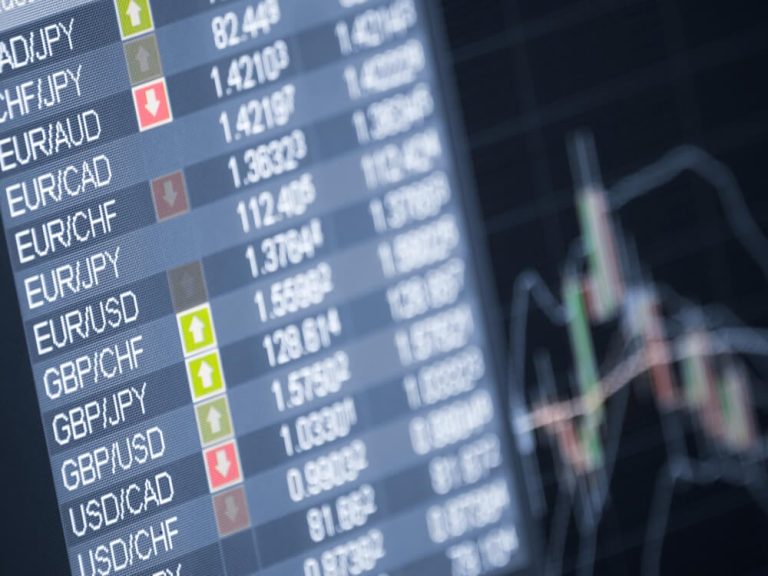quick look
- Argentina reported a slowdown in inflation for February, marking a continuing trend.
- President Javier Miley's austerity and deregulation efforts are aimed at revitalizing the economy.
- Although monthly inflation has declined, annual rates remain alarmingly high at more than 276%.
- Future concerns loom with the expected rise in prices in various sectors.
Argentina's battle against its rise Economic inflation Interest rates have seen a glimmer of progress, as evidenced by the latest data from statistics agency INDEC. February's inflation rate fell to 13.2%, a significant decline from 20.6% in January and 25.5% in December. This slowdown in inflation reflects the early effects of President Javier Miley's strict economic policies, which were characterized by austerity and deregulation. Miley, who took power in December with a bold agenda, seeks to steer Argentina away from its economic plight. It is characterized by the highest inflation rate in three decades, reaching 276.2% annually in February.
Miley's economic strategy: austerity and deregulation
At the heart of Miley's approach is his commitment to “strong financial discipline,” in the words of his management. An anarcho-capitalist, Miley moved quickly to implement a series of shock measures aimed at curbing rampant inflation. A notable step was the dramatic 50% devaluation of the Argentine peso, a move aimed at reorganizing the country's economy. In addition, Miley's government has reduced some government subsidies in energy and transportation, signaling a move away from previous government interventions. These steps form part of a broader adjustment plan designed to avoid hyperinflation. Although it comes with an acknowledgment of short-term pain, including potential increases in poverty and unemployment rates.
The way forward: challenges and concerns
Although the slowdown in inflation in February provides a temporary breath of relief, looming challenges threaten to derail this fragile progress. Government officials and analysts warn of an expected rise in prices in various sectors in March, driven by rising costs of energy, fuel, private education and medical services. These expected increases underscore the complex dynamics at play in Argentina as it attempts to implement its economic reforms. Moreover, with about 40% of the population already living in poverty, the repercussions of these policies on the country's social fabric remain a major concern. The Miley administration faces the daunting task of balancing the immediate impacts of austerity measures with the long-term goal of economic stability and growth.
Argentina's latest inflation figures provide an accurate view of the country's economic landscape under President Miley's leadership. While the slowdown in inflation indicates a step in the right direction, the road ahead is fraught with potential pitfalls. As Argentina grapples with the dual challenges of implementing tough economic reforms and moderating its social impact, the world is watching closely. The success of Miley's policies will be measured not only by inflation rates, but also by the well-being of the Argentine people and the stability of their economy.

